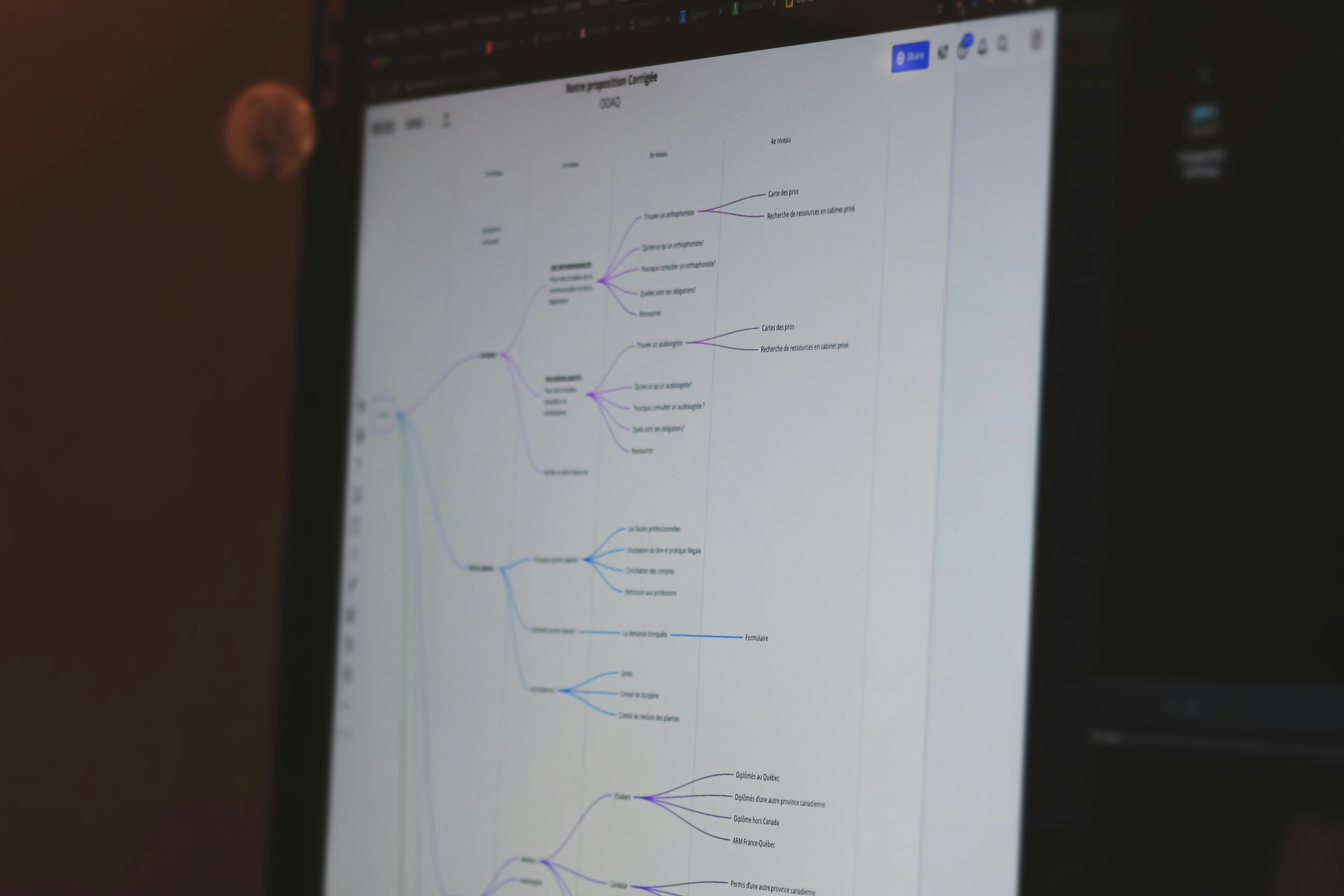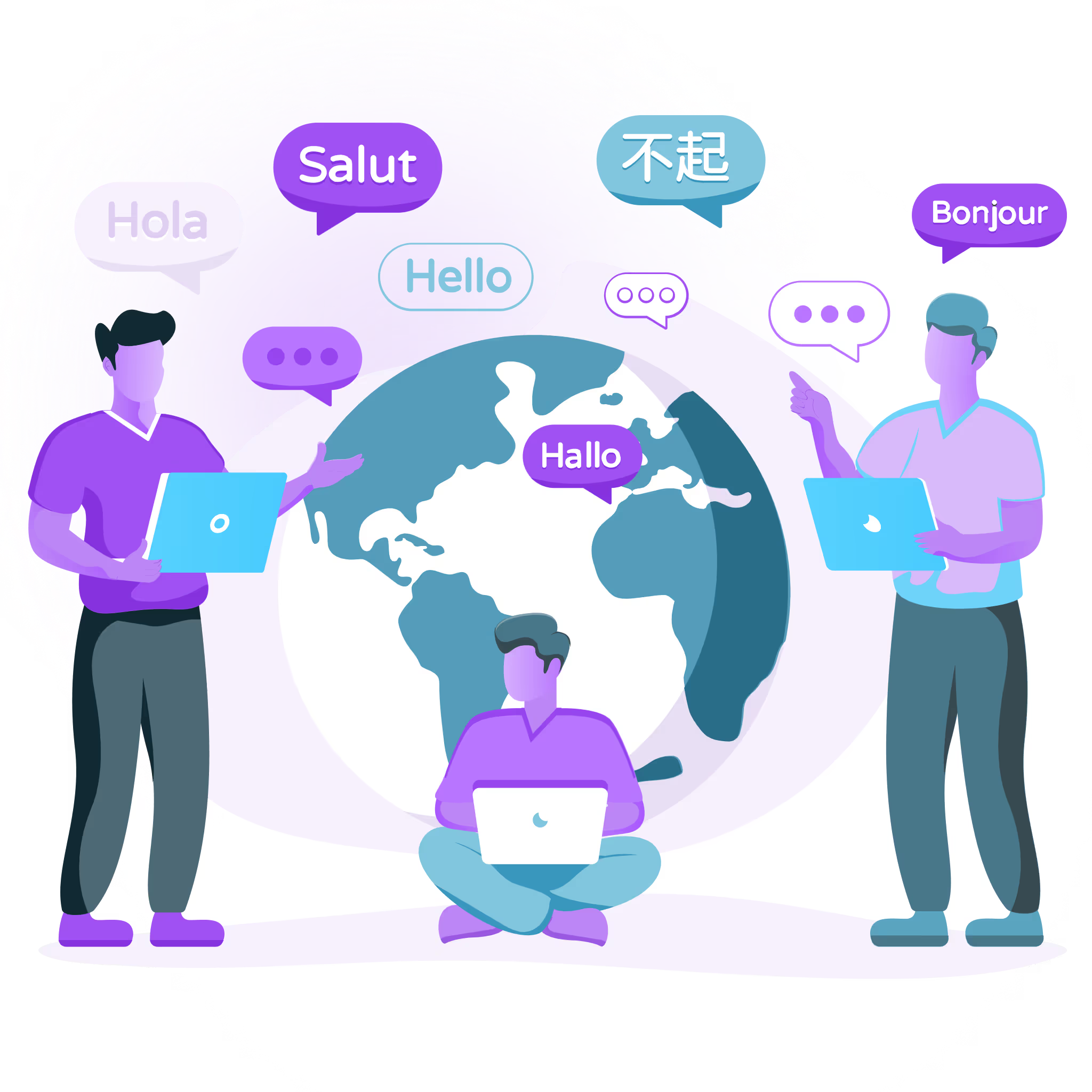Artificial Intelligence (AI) is in the news a lot these days because it’s changing our lives in numerous ways. AI is increasingly present everywhere, playing a role in everything from chatbots to the detection of tumors. Thanks to giant strides in the field of machine learning, computers are increasingly able to program themselves. One of the most widely discussed topics has been the possibilities envisioned by the use of artificial intelligence translation.
Translations Without Dictionaries
One exciting development is the use of unsupervised machine learning to carry out language translations without the use of dictionaries. Two different projects have been reported on in Science Magazine. Both projects began by constructing bilingual dictionaries without the assistance of a human to check whether words were correct. The dictionaries are based on the premise that relationships between certain words, like bud and flower or dog and bark, are similar across most languages. This enables AI to look at word clusters and connections in one language and extrapolate how another language works.
How Does Artificial Intelligence Translate Sentences?
With respect to translating sentences, these digital dictionaries receive some help from two methods, back translation and denoising. Back translation works by converting one sentence to the new language and then translating it back. If it turns out not to match the original sentence, AI is able to give it some tweaks in an attempt to get closer. Denoising works in a similar fashion, but will also remove an unnecessary word here and there.
What Is the Current State of AI Language Translation?
It should come as no surprise that companies like Facebook and Google are working to improve language translation, and there have been some successes. Click here to read about Google’s achievements and here to learn about Facebook’s accomplishments. Other efforts, such as Google’s Pixel Buds that aim to translate on the fly, are still in the development stage.
But, Can an Artificial Intelligence Translation Be Entirely Trusted?
People tend to naively believe that if you pair deep machine learning with incredible amounts of data, a computer will be able to do anything a human being can do as well, or even better. This might apply to chess, but even Google knows that, in spite of its increasing popularity, AI translation is not yet up to snuff when compared to translations made by humans who are totally familiar with the language involved. Here’s a story that illustrates this point:
- In South Korea, a contest was set up that pitted AI translation tools against a team of human language professionals. Two texts were translated from Korean to English and vice versa. The human side won. The results revealed that 90% of the NMT (neural machine translated) translation was grammatically clumsy and definitely not the quality translation that would be produced by an educated native speaker.
What About Text Expansion?
If you are planning to translate your website into another language, you should have your entire site translated by a human, not AI. Apart from language problems, automatic machine learning has no way to accommodate text expansion. Your website might look wonderful in English, but you may need to create an entirely different format of a page to accommodate different languages. This is because many languages come with longer words and sentences than English.
Is There a Future for Artificial Intelligence in Translation?
AI translation is by no means a pointless endeavor, and innovation is finding ways to combine AI and human translations. However, until AI can be as accurate as a human translator – and who knows if it ever will be - assistance from human translators will continue to be necessary.
Why Use Localize?
Localize is a translation solutions provider that understands the challenges the future holds. At Localize, you will enjoy the benefits of quality translations made possible by our innovative platform that works with your expert translators and translation powered by AI.
Contact us and join the thousands of companies that we are already helping with their increasingly complex translation requirements.



%201.png)




